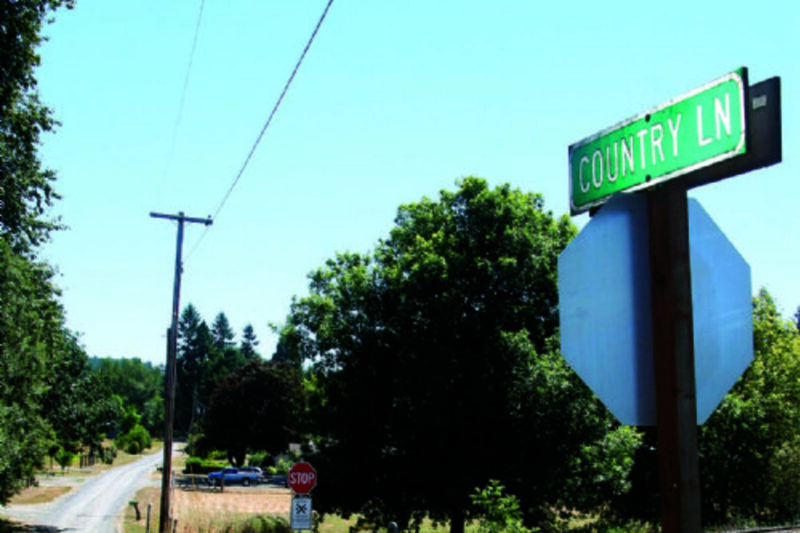Sean C. Morgan
A civil trial of 14 Country Lane homeowners, who have refused to pay fees to plaintiff Albany & Eastern Railroad, was scheduled to begin this week in Linn County Circuit Court but has been postponed.
The trial was scheduled for April 7-9 before Judge David E. Delsman. A new date has not been set.
The delay occurred Monday, April 6, when the plaintiff’s attorney, Tre Kennedy, filed a motion for a continuance.
Last week, an associate in his office informed Kennedy that she represented Ray McMullen, a defendant in the case, in an unrelated dissolution matter.
While he believed it was a waivable conflict, Kennedy told the court in his motion to continue, the defendants’ attorney, Dan Armstrong, had not been able to contact McMullen regarding the conflict. Kennedy did not believe that under the Oregon Rules of Professional Conduct that he could proceed to trial without resolving the conflict.
In recent developments in the case, according to court documents, former A&E owner Mike Root will be allowed to testify via telephone in spite of defendants’ objection.
A&E filed a lawsuit against the 14 Country Lane homeowners on Jan. 25, 2013 after they refused to pay a $600 fee for a crossing permit and an annual maintenance fee of $120.
The railroad claims that the residents of the eight homes are trespassing because they have been placed on notice that they have no easement to cross the railroad’s property but continue to do so.
The railroad contends that the residents’ unlawful crossing of its property poses a risk of accident and damage, which has increased its own insurance premiums.
A&E is seeking damages, attorneys fees and court costs associated with the case. It contends that those who use the crossing should help pay for maintaining and insuring it.
Property owners say they never paid a dime to cross the railroad line for more than 50 years.
Delsman outlined the history of the property in an opinion letter denying a motion for summary judgment by the plaintiff last year. According to the letter, in 1910, Joseph Strickler divided roughly 75 acres into two parcels near the South Santiam River west of Sweet Home, deeding the northern parcel to his daughter, Edna Strickler Murray. He deeded the southern property to his son, Robert H. Sharinghousen.
In 1928, the children sold a portion of property to a predecessor of A&E. Murray retained an easement across the railroad property.
In 1942, Sharinghousen divided his property into several lots, where the defendants live today. The residents used the old Murray easement to cross the raildroad.
They claim a “prescriptive easement,” to which they must prove that they have used the crossing for at least 10 years in a “notorious and adverse manner.”
The railroad argues that the easement was “permissive,” which would defeat the “adverse portion” of the easement claim.





